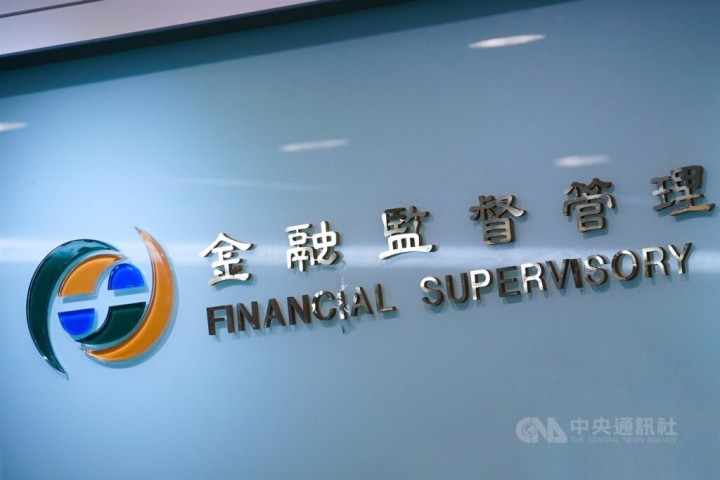
Taipei, Oct. 1 (CNA) Taiwan's top financial regulator, the Financial Supervisory Commission (FSC), has introduced measures to limit short selling at a time when the local stock market has faced volatility from losses suffered by global markets.
Starting from Saturday, the FSC said the volume of intraday security lending for short selling of a stock has been cut to 20 percent of the stock's average daily trading volume over the previous 30 trading sessions, from the current 30 percent.
Market analysts said the reduction of the intraday security lending for short selling is expected to mitigate downward pressure on the local stock market, which has been hit hard by fears over a hawkish U.S. Federal Reserve.
The Federal Reserve has raised its key interest rates by 300 basis points since March and hinted an additional 75-basis point hike in November to fight skyrocketing inflation.
It was the first time for Taiwan's FSC to lower the volume of intraday securities lending for short selling since March 2020, when the global markets were hit by the COVID-19 pandemic.
The previous cut reducing the security lending volume to 10 percent from 30 percent had helped the Taiex rebound to 11,637 points from 9,218 points in three months.
In addition, the FSC said it has also raised the deposits for securities borrowing by an investor to 100 percent of a stock's value from the previous 90 percent, a move which will raise costs for investors who want to short the market, betting the price of a stock will fall and they will buy the stock later to return the stock to their lenders.
This week, the Taiex, the benchmark weighted index on the Taiwan Stock Exchange (TWSE), fell 693.80 points or 4.91 percent to close at a 22-momth low of 13,424,58 after the index lost 0.81 percent on Friday, coming off a low of 13,274.72 as government-led funds were said to have intervened to cap the losses.
Tech heavyweights fell victim to the sell-off with contract chipmaker Taiwan Semiconductor Manufacturing Co. (TSMC), the most heavily weighted stock in the local market, plunging 7.25 percent in the week.
It was the sixth consecutive month for the Taiex to move lower. In September, the local main board plunged 1,670.86 points, or 11.07 percent.
An aggressive Fed has served as a major factor to volatility on the global markets, with the Taipei market as no exception, analysts said.
With an interest rate gap between the U.S. and Taiwan market widening, foreign institutional investors continued to move their funds. Compared with the Fed's 300 basis point rate hike since March, the local central bank has only increased its key interest rates by 50 basis points.
Since the beginning of this year, the Taiex has even tumbled 4,794.26 points or 26.31 percent after foreign institutional investors registered a net sell of more than NT$1 trillion (US$31.52 billion) as they rushed to park their money in U.S. dollar denominated assets, analysts said.
David Chu (儲祥生), chairman of Hua Nan Securities Investment Management, told CNA that the FSC's move to curb short selling was aimed at telling foreign institutional investors that they should restrain themselves from shorting the local market.
"The message was that the commission has been watching them," Chu said.
However, equity market analyst Chen Wei-tai (陳唯泰) said foreign institutional selling was not the only factor to the recent heavy losses on the local equity market; he thought the low willingness of many other investors to buy on the dip also served as a driver.
Chen said the government should boost domestic consumption to improve the local economy, and come up with incentives such as a tax cut to encourage investments.
Before the FSC's move to limit short selling, the National Stabilization Fund has been authorized to enter and boost the local stock market since July 12.
The NT$500 billion stabilization fund was set up in 2000 by the government to serve as a buffer against unexpected external factors that might disrupt the local bourse.
Earlier this week, Deputy Finance Minister Juan Ching-hwa (阮清華), who serves as executive secretary of the stabilization fund committee, said that the fund was determined to work with related agencies to stabilize the local stock market, while emphasizing that the fundamentals in Taiwan remain sound.